

UToledo Provides Key Insight in Election Year with Significant Implications
In a presidential election with far-ranging impacts that include addressing a pandemic, curbing an economic recession and the consequences of filling an open seat on the U.S. Supreme Court within days of the election, UToledo is uniquely situated in a key battleground state with expert faculty who can navigate the political chaos. No Republican candidate has ever won the presidency without winning Ohio. The last Democratic president who didn't win in Ohio was John F. Kennedy in 1960.
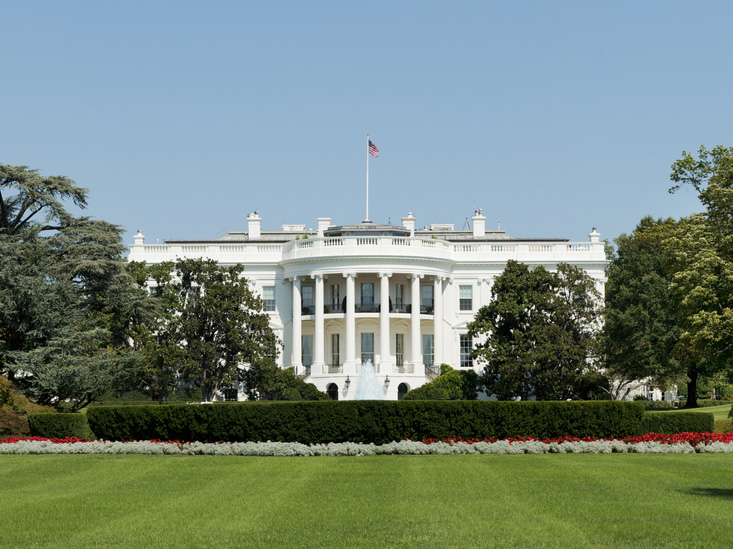
UToledo political science students Leticia Skrabut and Kyra Valentine are encouraging young people in the important battleground state of Ohio to participate in the political process and have their voices heard through a partnership with the Campus Vote Project.
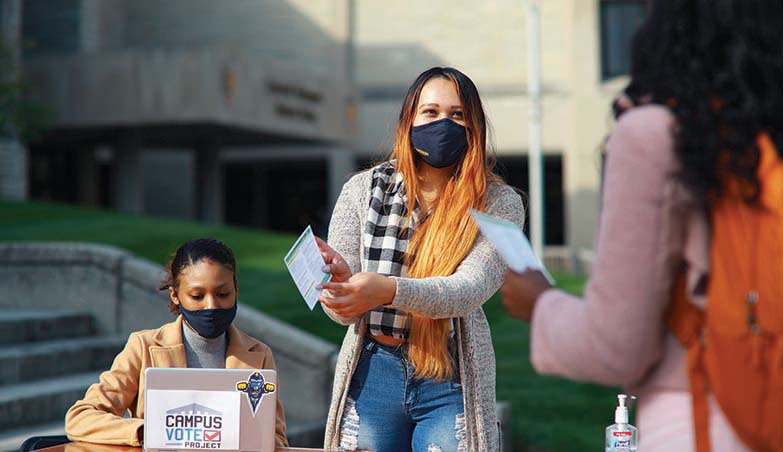
Should the U.S. Supreme Court need to intervene, there is precedent to follow from the 2000 election, explains Rebecca Zietlow, J.D., the Charles W. Fornoff Professor of Law and Values. The high court's role would be to issue a decision arising from a challenge to a state's laws and rules governing its election.
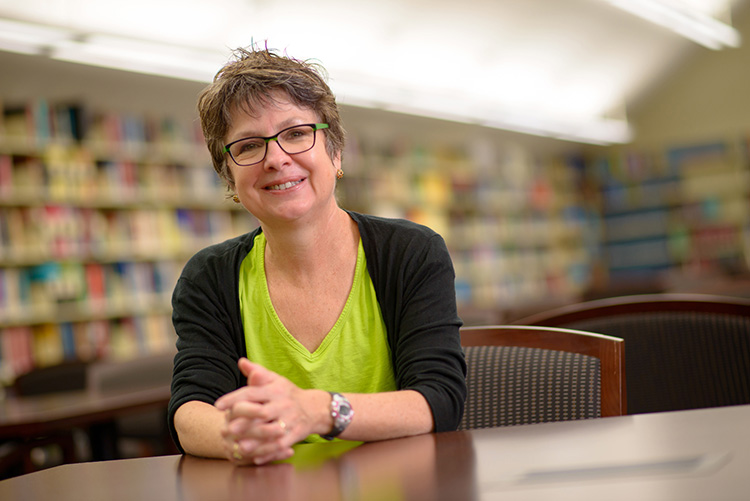
Sam Nelson, Ph.D., associate professor and chair of UToledo's Department of Political Science and Public Administration, has been an important resource for journalists breaking down everything from the unconventional debates to the President's positive COVID-19 test.
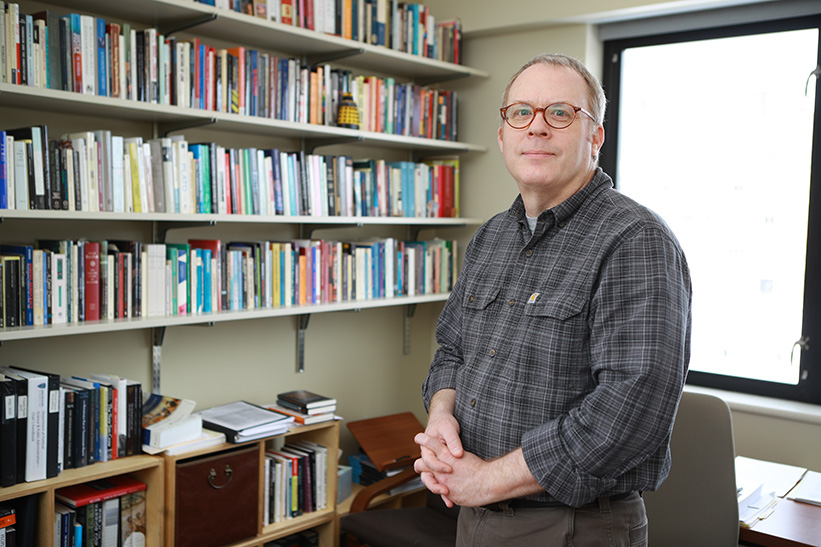
Pharmacoeconomic researcher Varun Vaidya, Ph.D., associate professor of pharmacy practice, explains in a column in The Hill that, despite campaign promises otherwise, no presidential executive order will dramatically reduce the cost of prescription drugs.
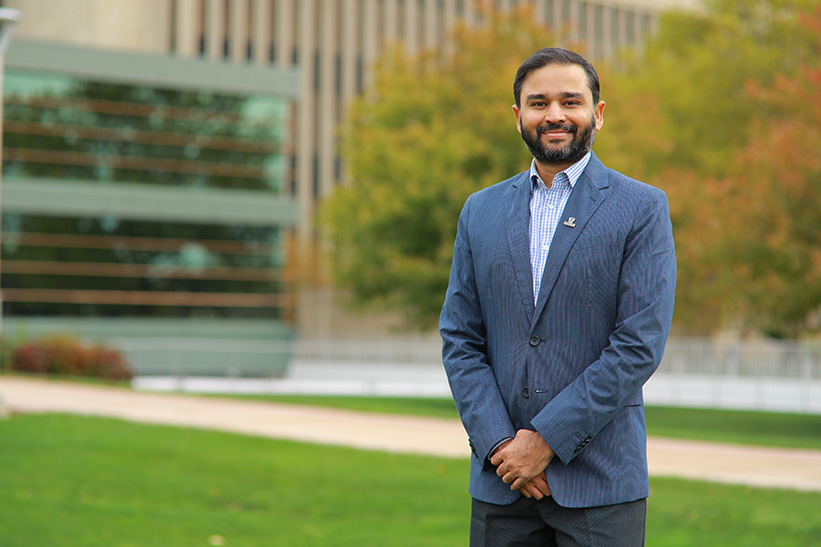
The death of Justice Ruth Bader Ginsburg and heated rhetoric over filling the seat so close to an election underscores the need for term limits on the country's highest court, argues D. Benjamin Barros, J.D., dean of the UToledo College of Law, in The Hill.
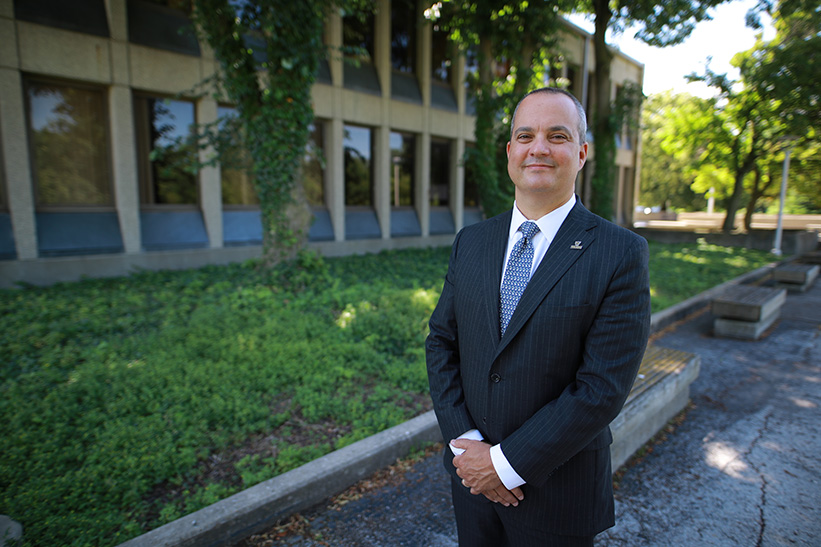
The 2020 election coincides with the 100th anniversary of the suffrage movement. Prior to obtaining the legal right to vote, many women had no legal standing. When married, they essentially abdicated all legal rights to their husbands, explains Chelsea Griffis, Ph.D., associate lecturer of history, in The Blade.
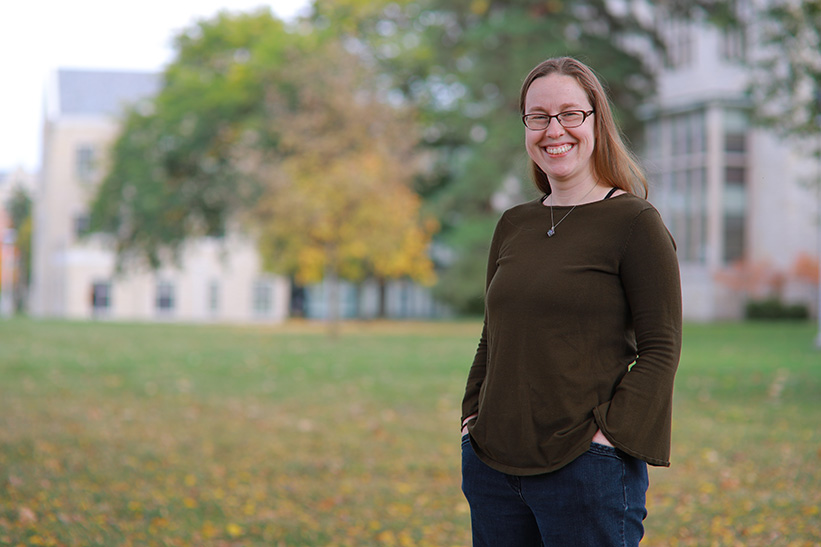
The confirmation hearings for Judge Amy Coney Barrett to the U.S. Supreme Court renewed conversations about an originalist interpretation of the Constitution. Law Professor Benjamin Davis, J.D., writes in the Jurist that taking into account the history of the founders as slave owners, perhaps the best answer is not originalism or living constitutional method, but a more substantive view of whether human rights are being recognized and protected.
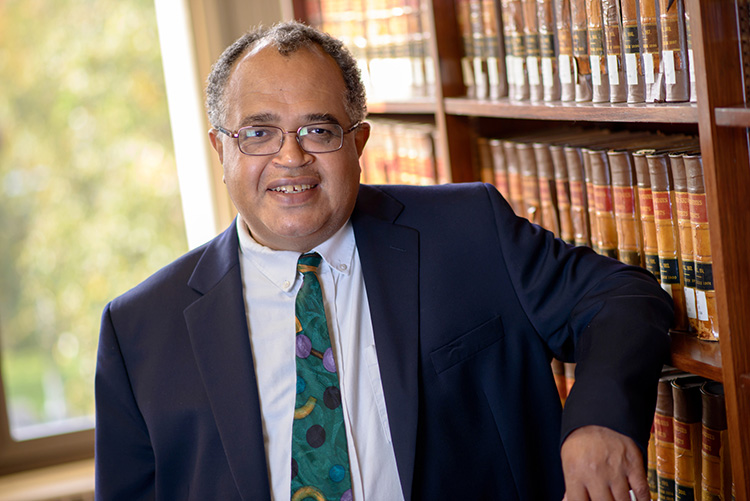
In our increasingly polarized society, Erica Czaja, Ph.D., assistant professor in the School of Population Health, studies the role of empathy in politics and how Americans' emotions drive their political opinions and behaviors.
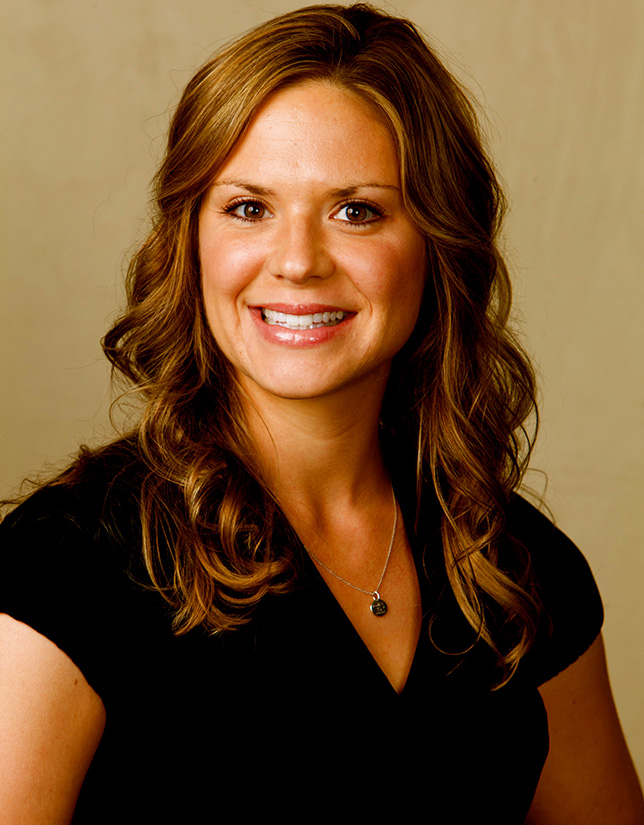
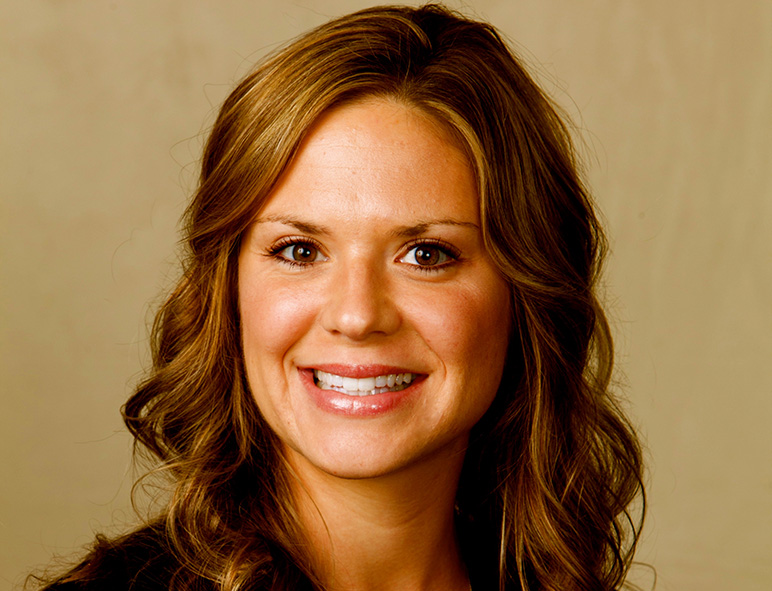
Learn More
- The Hill: Why isn't the Trump campaign airing TV ads in Ohio?
- International Business Times: Live Stream Of Barrett Hearings: Watch Day 2 Of Senate Confirmation As Republicans, Democrats Weigh SCOTUS Pick
- The Blade: When should children be introduced to politics?
- The Hill: Filling the Supreme Court vacancy: 4 scenarios
- The Blade: Biden dominating ad buys on local stations
- The Hill: Why Iowa may lose its first-in-the-nation status
- 13 ABC: Looking back at NW Ohio's connection to the fight for a woman's right to vote
- The Hill: Mask mandates are constitutionally permissible
- The Hill: It's time for a third Reconstruction
- USA Today: Ohio election delay threatens democracy, rule of law
- Toledo Blade: After unprecedented 24 hours, Ohio is first state to delay voting in presidential cycle